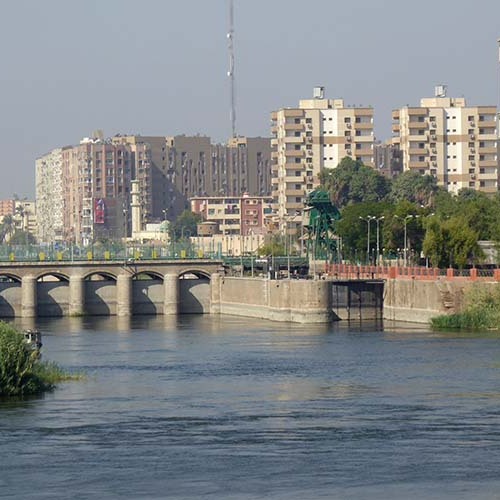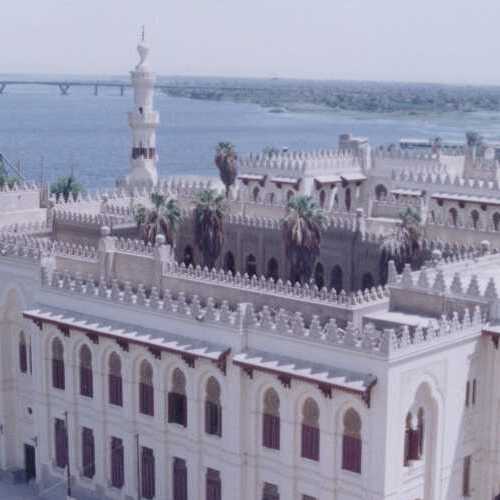No other nation in the world says ‘Welcome’ as often as the Egyptians, and every time, they mean it. While the ancient civilization of Egypt continues to amaze, contemporary Egyptians are equally remarkable.
History Of Asyut
History Of Asyut
Asyut, a city rich in ancient history, is located in Upper Egypt and is about 385 km south of Cairo. Known as the capital of the 13th Nome of Upper Egypt, its historical name was Syut. The Ancient Greeks called the city Lycopolis or Lykopolis, which means “City of the Wolf,” a name derived from the god Wepwawet, often depicted as a wolf.
Historical Overview
- Ancient Asyut: As the capital of the Thirteenth Nome of Upper Egypt around 3100 BC, it was a significant cultural and political center. Located on the western bank of the Nile, Asyut was a critical hub for Upper Egypt.
- Deities: The city was particularly associated with Anubis and Wepwawet, both funerary deities significant in ancient Egyptian religion.
- First Intermediate Period: During this period, the rulers of Asyut were supporters of the Herakleopolitan kings. The conflict between Asyut and the southern Nomes, under the rule of the Eleventh dynasty, marked a significant era in the city’s history.
- Lycopolis: In the Graeco-Roman era, Asyut gained the name Lycopolis, evidencing the influence of Greek and Roman cultures. The city had a strong association with wolves, confirmed by the discovery of mummified wolves in nearby rock chambers.
Significance in Ancient Egypt
- Osiris Worship: Osiris, a major deity in ancient Egyptian religion, was worshipped here in the form of a wolf.
- Cultural and Religious Center: Asyut served as an important religious center, especially in the worship of deities like Anubis and Wepwawet.
- Necropolis and Tombs: The Asyut necropolis, which dates back to various dynasties, reflects the city’s significance in ancient funerary practices.
Modern Asyut
- Population and Development: Today, Asyut is a major city in Upper Egypt, balancing modern development with its rich historical heritage.
- Economic Importance: The city has grown into an important economic center, contributing significantly to Egypt’s overall economic landscape.
- Cultural Blend: Modern Asyut represents a blend of ancient traditions and contemporary Egyptian life, making it a unique destination for those interested in Egyptian culture and history.
Asyut’s history is a testament to Egypt’s rich and diverse cultural heritage, blending ancient traditions with modern life. The city’s ancient roots and ongoing evolution make it a fascinating destination for those interested in exploring Egypt’s past and present.
Created On March 18, 2020
Updated On: July 24, 2025



